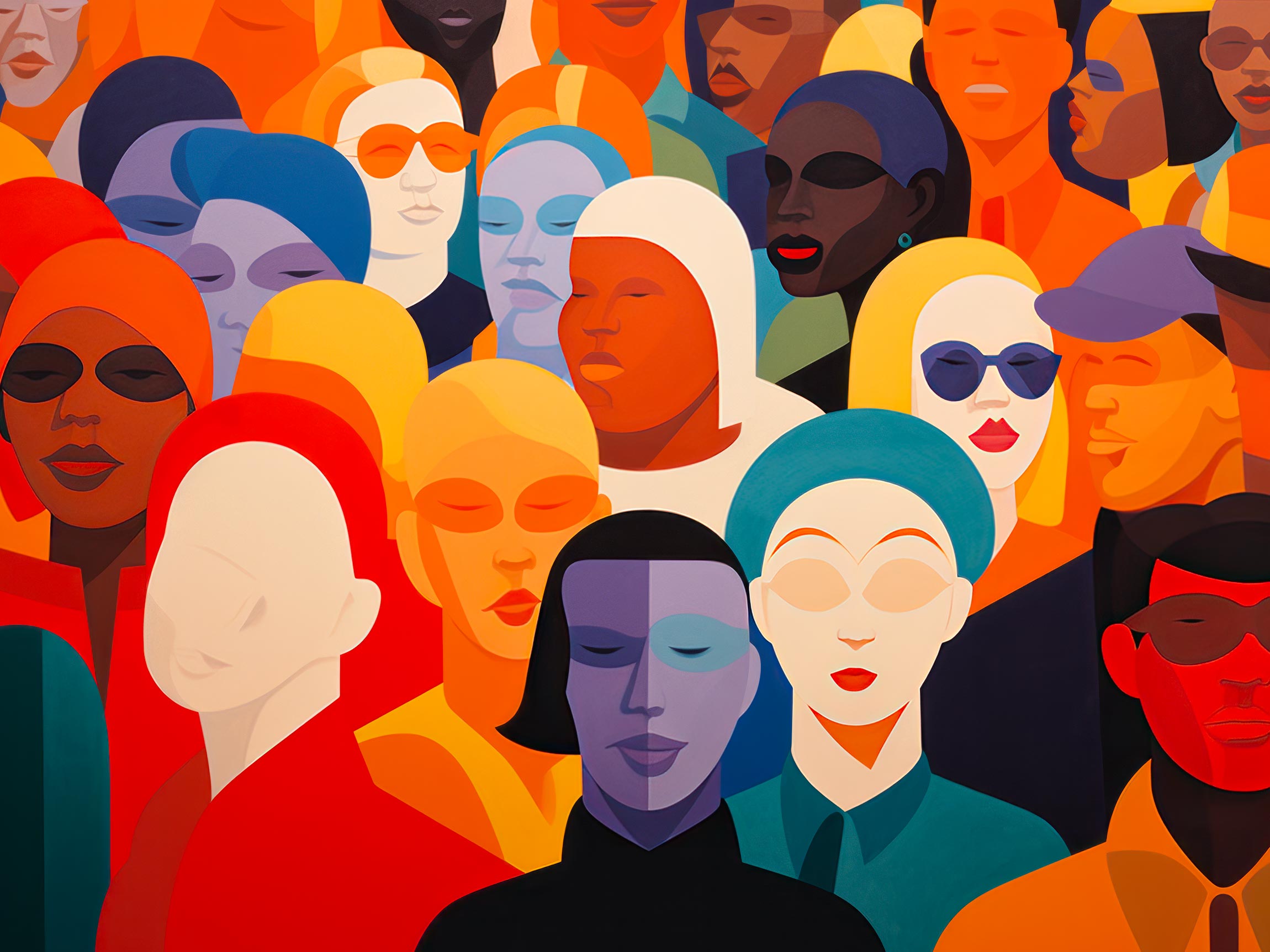Clinical trials are the bedrock of biotech research, essential for developing new treatments and therapies that can improve and save lives. However, for these trials to yield meaningful and universally applicable results, it’s crucial to ensure cultural diversity among participants.
The Global Nature of Biotech Research
Biotech research is inherently global. Discoveries made in one part of the world can have a profound impact on healthcare worldwide. Diseases and medical conditions don’t discriminate based on geography or ethnicity, and therefore, it’s essential that clinical trials include a diverse range of participants.
Why Cultural Diversity Matters
Genetic Variability: Different populations can exhibit variations in genetics, making it critical to include individuals from diverse backgrounds. These genetic differences can influence how individuals respond to treatments and medications.
Treatment Effectiveness: Medications and therapies that work for one ethnic or cultural group may not be as effective for another due to genetic, environmental, or lifestyle factors. Including diverse participants can help identify these disparities.
Safety Concerns: Certain adverse reactions to drugs or treatments may be more prevalent in specific populations. By including a broad range of participants, researchers can uncover potential safety concerns that might otherwise go unnoticed.
Equity in Healthcare: Diverse representation in clinical trials is a matter of health equity. Ensuring that treatments are effective for all individuals, regardless of their cultural or ethnic background, promotes fairness and inclusivity in healthcare.
Barriers to Cultural Diversity in Clinical Trials
Despite the importance of cultural diversity, several barriers hinder its achievement in clinical trials:
Lack of Awareness: Some individuals from underrepresented communities may not be aware of clinical trials or their potential benefits.
Trust Issues: Historical incidents, such as the Tuskegee Syphilis Study, have left lasting mistrust of medical research within marginalized communities.
Language and Communication: Language barriers can deter potential participants, making it crucial to provide information in multiple languages.
Logistical Challenges: Limited access to healthcare facilities, transportation issues, and socioeconomic factors can also impede participation.
Benefits of Cultural Diversity in Clinical Trials
Improved Generalizability: Including a diverse range of participants increases the generalizability of trial results, ensuring that findings are applicable to broader populations.
Identification of Genetic Variants: Diverse populations can help identify genetic variants that may affect disease susceptibility and treatment responses.
Addressing Health Disparities: Clinical trials can contribute to addressing health disparities by testing treatments and interventions in populations most affected by specific diseases.
Enhanced Cultural Competency: Researchers gain a better understanding of cultural factors that may influence health decisions, allowing for more culturally sensitive healthcare practices.
Successful Examples of Cultural Diversity in Clinical Trials
COVID-19 Vaccine Trials: Researchers made significant efforts to ensure diverse representation in COVID-19 vaccine trials. This inclusive approach helped establish the safety and effectiveness of vaccines across various populations.
Sickle Cell Disease Research: Clinical trials for sickle cell disease treatments actively involve individuals from African, African-American, and other affected communities, leading to more targeted therapies.
Cancer Trials: Oncology research has made strides in including diverse participants, improving our understanding of cancer’s impact on various populations.
Overcoming Barriers and Promoting Diversity
Community Engagement: Actively engaging with local communities, providing education about clinical trials, and addressing concerns can build trust and increase participation.
Cultural Competency Training: Healthcare professionals and researchers should undergo cultural competency training to ensure respectful and inclusive interactions with participants.
Multilingual Resources: Providing trial information, informed consent forms, and support in multiple languages can remove language barriers.
Accessible Locations: Choosing accessible trial locations and offering transportation assistance can help overcome logistical challenges.
Collaboration: Collaborating with community organizations and leaders can help bridge gaps and encourage participation.
Cultural diversity is not just a matter of fairness; it’s essential for the success and relevance of clinical trials in biotech research. To develop treatments and therapies that work for everyone, we must actively work to ensure that clinical trials include individuals from diverse cultural backgrounds. By addressing barriers, fostering trust, and promoting inclusivity, we can advance healthcare research and create a more equitable healthcare system for all.


